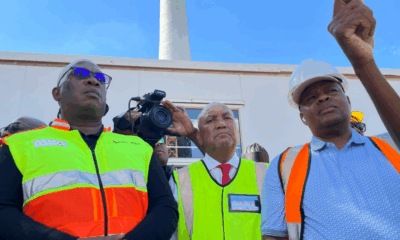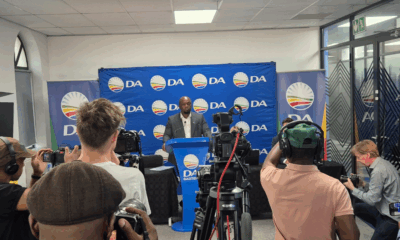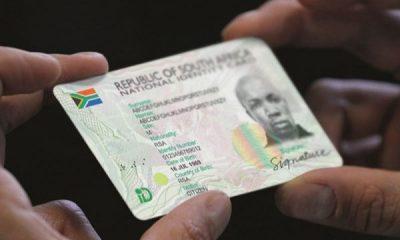News
Google And YouTube’s R688 Million Boost Marks A New Dawn For South African Media

South Africa’s battered media industry finally received a lifeline this week, and it came from two of the world’s biggest digital players. After years of shrinking newsrooms, job cuts, and dwindling advertising income, Google and YouTube have agreed to pour R688 million into local media over the next five years. The decision follows an in-depth Competition Commission inquiry that exposed just how fragile the country’s news ecosystem has become in the digital age.
For journalists, publishers and even community radio stations, the moment feels historic. As one editor posted on X, “For once, global tech is giving back instead of just taking the clicks.”
A Turning Point After Years Of Decline
For more than a decade, South Africa’s media houses have battled to stay afloat as audiences moved online and advertising revenue evaporated. Traditional newspapers closed regional bureaus. Community outlets struggled to pay reporters. Many South Africans simply could not afford subscription paywalls.
The Commission’s inquiry confirmed what newsrooms have felt for years: digital platforms, particularly Google, dominate the way people access information. While Google benefits from displaying and summarising news content, South African publishers receive little to no compensation.
What The R688 Million Package Will Actually Do
Instead of handing out lump sums, the Competition Commission worked with Google and YouTube on a structured support model aimed at long-term sustainability. The package includes:
Content licensing and innovation grants to support national and community media, plus vernacular-language outlets that often struggle the most.
Support for digital transformation, including newsroom tech upgrades, audience data tools, and improved website performance.
Training and capacity-building, especially through the Media Development and Diversity Agency, focusing on innovation and vernacular-language journalism.
A new African News Innovation Forum, which will serve as a space for collaboration and experimentation.
Meanwhile, Microsoft will extend its MSN contracts to five more local publishers, widening earning opportunities.
Big Changes Coming To Your Social And Search Platforms
Several international platforms have now committed to making South African media more visible and financially supported:
Google will introduce tools that prioritise local news sources, remove self-preferencing in ads, and boost transparency around ad spending and payments.
YouTube will open automatic access to its Partner Programme for all local media, allowing outlets to earn directly from video content. It will also help the SABC digitise its archives.
Meta will launch a Media Liaison Office in South Africa and expand monetisation workshops and ad credits.
TikTok will roll out its Publisher Support Suite, helping newsrooms tap into massive youth audiences.
X (formerly Twitter) will make all monetisation features available locally and host training programmes.
AI giants like OpenAI have also agreed to implement EU-standard content controls, ensuring local media can manage how their work is used by AI models.
Why This Matters For Ordinary South Africans
Healthy media is essential for a healthy democracy, and South Africans feel the consequences when newsrooms can’t operate at full strength. Local investigative work drops. Community issues go unreported. Public accountability weakens.
The new support package could shift that trajectory. A Johannesburg-based journalist wrote on Facebook, “This isn’t charity. It’s safeguarding the truth in a country that desperately needs it.”
The Road Ahead And What Government Plans To Do
The Inquiry recommends that local media be allowed to bargain collectively with global platforms over licensing, monetisation and ad-tech costs. It also suggests the creation of a Social Media Ombud to address moderation disputes and misinformation concerns.
Trade and Industry Minister Parks Tau, who received the report on Thursday, praised the Commission’s work and promised to submit it to Parliament within 10 days. He acknowledged that the package will not solve everything, but called it “a critical first step toward rebuilding South Africa’s media backbone.”
A Rare Moment Of Hope For The Industry
For a sector that has spent years bracing for the next closure or mass layoff, this moment feels different. It signals recognition from global tech giants that South African journalism matters, and that its survival benefits more than just the media it strengthens the country’s democracy itself.
If implemented effectively, the R688 million injection could spark a wave of newsroom innovation, revive community reporting, and ensure that diverse South African stories continue to be told.
{Source:IOL}
Follow Joburg ETC on Facebook, Twitter , TikTok and Instagram
For more News in Johannesburg, visit joburgetc.com



























